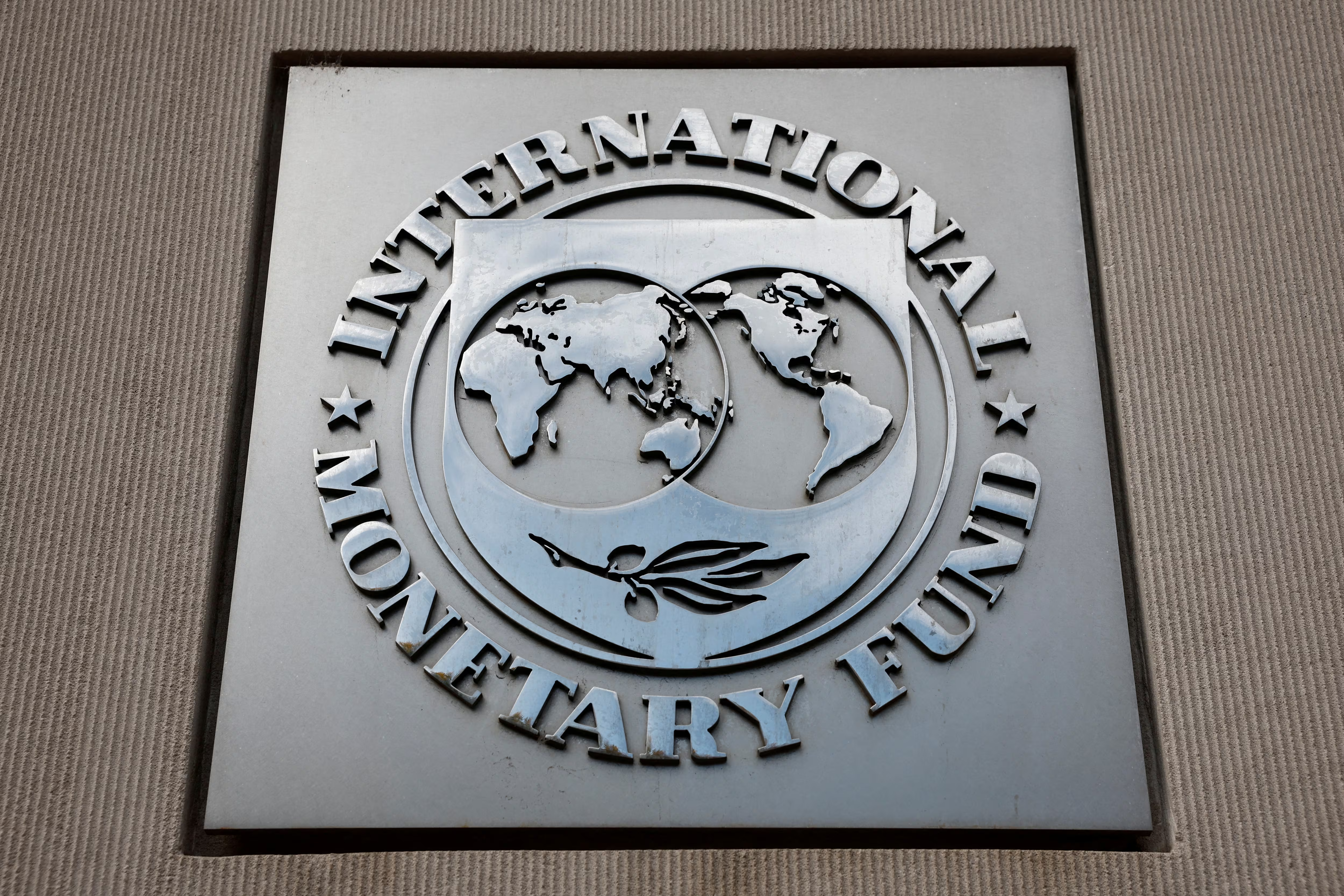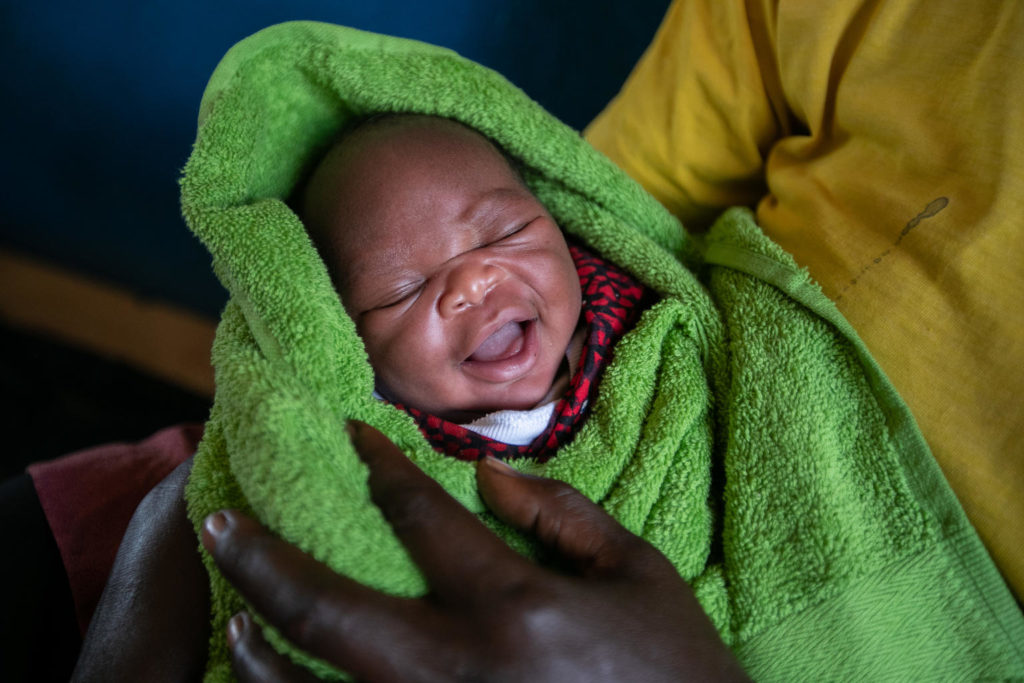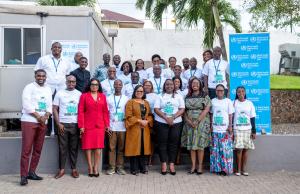Ghana Steps Into the Space Age
Ghana is taking a bold step forward as Africa’s space economy targets US 22.6 billion by 2026. From October 6 to 8, 2025, the University of Ghana’s Institute of Statistical, Social, and Economic Research (ISSER) will host the nation’s first-ever Ghana Space Conference. This event marks a defining moment in Ghana’s pursuit of technological and scientific advancement.
A Collaboration of Visionary Institutions
The Environmental Protection Authority (EPA) Ghana is leading the initiative with support from the University of Ghana, the Ghana Space Science and Technology Institute, the Ghana Meteorological Agency, All Nations University, Spacehubs Africa, and Agbedus Consult. Together, these institutions aim to showcase how space innovation can solve Africa’s pressing development challenges.
Moreover, the conference will gather policymakers, scientists, entrepreneurs, and investors from across the continent. As a result, Ghana positions itself as a central hub for Africa’s emerging space ecosystem.
Africa’s Space Industry on the Rise
Africa’s space economy continues to grow rapidly and is projected to reach US 22.64 billion by 2026. Therefore, Ghana’s decision to host the event highlights its readiness to play a key role in the continent’s future of satellite research, education, and innovation.
The conference will include keynote speeches, exhibitions, and panel discussions. In addition, innovators — especially young scientists and women — will display space-related projects that demonstrate inclusion and creativity.
Exploring Ghana’s Space Infrastructure
Participants will visit notable facilities such as the Ghana Radio Observatory in Kuntunse and the Ghana Meteorological Agency. These visits will provide firsthand insight into Ghana’s achievements in space science and data applications.
Under the theme “Harnessing Space Technology for Sustainable Development and Inclusive Growth in Ghana and Africa,” the conference will emphasize collaboration and problem-solving through space research. Space technology, for example, supports precision farming, climate monitoring, communication, and disaster management.
Investments Fueling the Continent’s Growth
According to the 2024 African Space Annual Industry Report, Africa’s space industry is valued at US 22.64 billion. African governments invested over US 425 million in 2023, showing growing confidence in the sector. Consequently, this funding helps create jobs, support startups, and build local expertise in space-related disciplines.
Currently, 15 African nations have launched 58 satellites worth about US 4.7 billion, with 105 more planned in the next three years. This momentum, meanwhile, promotes cooperation, knowledge-sharing, and collective progress.
Ghana’s Potential Benefits
For Ghana, the space industry offers multiple opportunities. Satellite data helps farmers monitor crops, supports forest management, and improves weather prediction. Furthermore, it enhances rural communication networks and encourages innovation among young scientists.
Globally, the space sector could reach US 1 trillion by 2032. Hence, countries investing early, such as Ghana, can attract foreign partnerships, develop skilled workforces, and build exportable services in data and satellite analytics.
Looking Ahead: A Future of Innovation
Ultimately, Ghana’s hosting of this maiden conference demonstrates vision and ambition. It reflects the nation’s commitment to scientific growth, innovation, and sustainable development. As Africa’s space economy targets US 22.6 billion, Ghana is determined to turn opportunity into action and establish itself as a leader in Africa’s space future.













